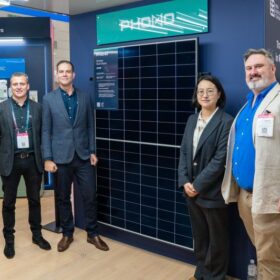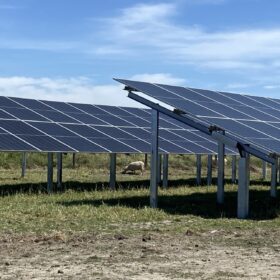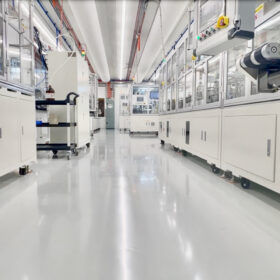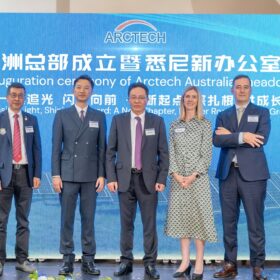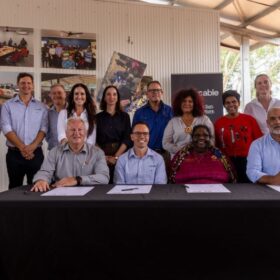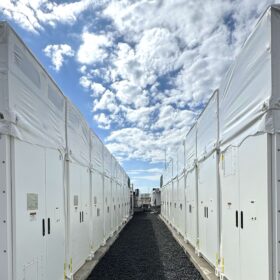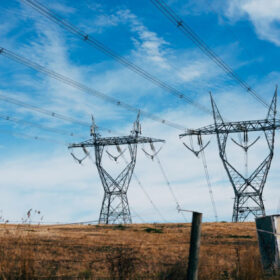Phono launches 475 W back-contact panel in Australian market
Chinese manufacturer Phono has launched a new bifacial solar panel in the Australian market featuring an output of 475 W and a power conversion efficiency of 23.27%.
GPG gets federal go-ahead for Queensland solar and battery project
A 290 MW solar farm and 180 MW / 360 MWh battery energy storage system planned for Queensland’s Fraser Coast region is advancing towards construction after being given the green light by the federal government.
Coalition’s net zero retreat: Policies on line
In 2021, Australia’s Coalition government pledged to reach net zero by 2050. Four years later, the Coalition have reversed course. After successive election losses, the Liberal and National parties have settled on a new climate strategy: give up on net zero and keep coal plants running longer.
Unidentified buyer snaps up Gunning solar and battery project
Project developer Recurrent Energy has capped a busy couple of weeks in the Australian market with the sale of a 250 MW solar and 120 MW battery project in New South Wales to an unidentified European buyer.
Li-S Energy gets funding boost to advance battery manufacturing facility
Battery technology developer Li-S Energy has secured almost $8 million in federal government funding to advance planning for a large-scale lithium-sulfur battery cell manufacturing facility in Australia.
Arctech strengthens presence in Australian market
With a new Sydney office and partnership announcements, the manufacturer aims to cultivate products and talent for the entire renewable energy industry in the country.
SunCable strikes deal with traditional owners to build NT solar farm
SunCable has struck a multi-million-dollar deal with traditional owners that will enable it to develop the biggest solar farm in Australia on a cattle station in the Northern Territory.
Aggregate projects given the nod in Capacity Investment Scheme Tender 8
A market brief for the Capacity Investment Scheme Tender 8 has been released seeking 4 GW of four-hour equivalent clean dispatchable capacity projects in the National Electricity Market, and for the first time invites aggregrate projects to apply.
NSW energy distributors de-risk transition with new, unified system plan
Three New South Wales energy distributors have collaborated on the state’s first distribution system plan, which they say can sustain five years of energy transition momentum, while waiting for critical transmission infrastructure to be built.
Three year grid connection wait risks renewable energy targets: survey
One-in-five, or 20%, of renewable energy developers responding to an Intium grid-connection survey, say it took them two to three years waiting for grid connection approval, and delays are a threat to Australia’s renewable energy targets.
